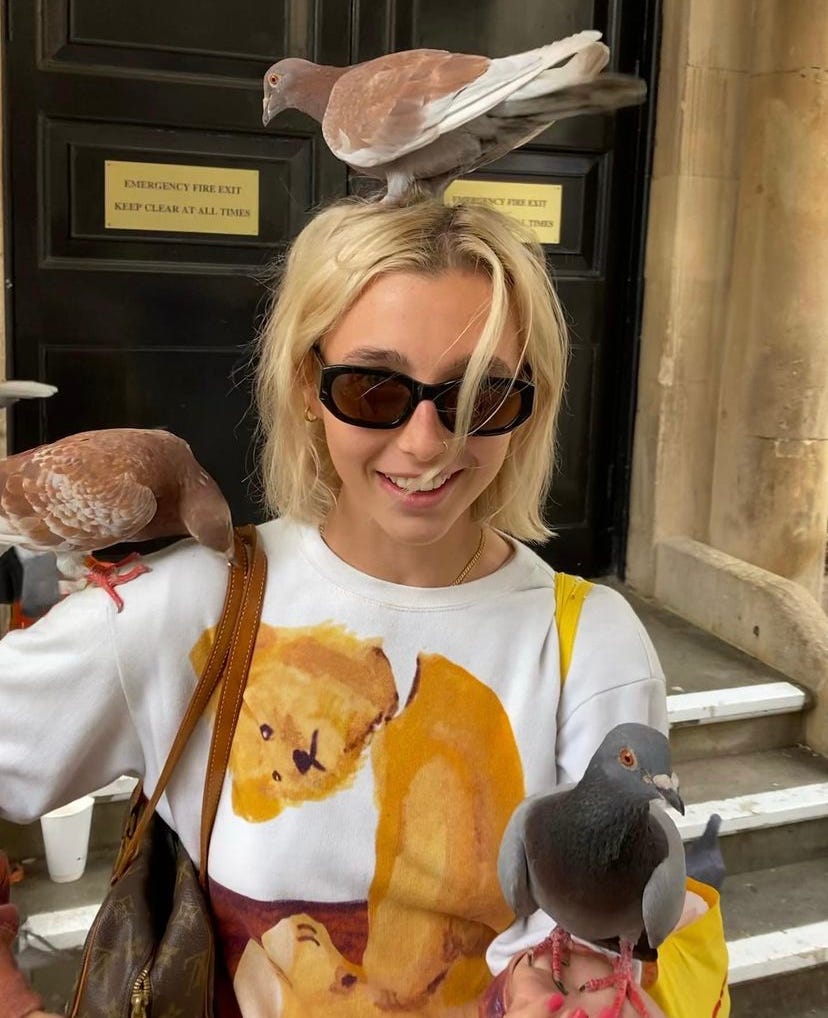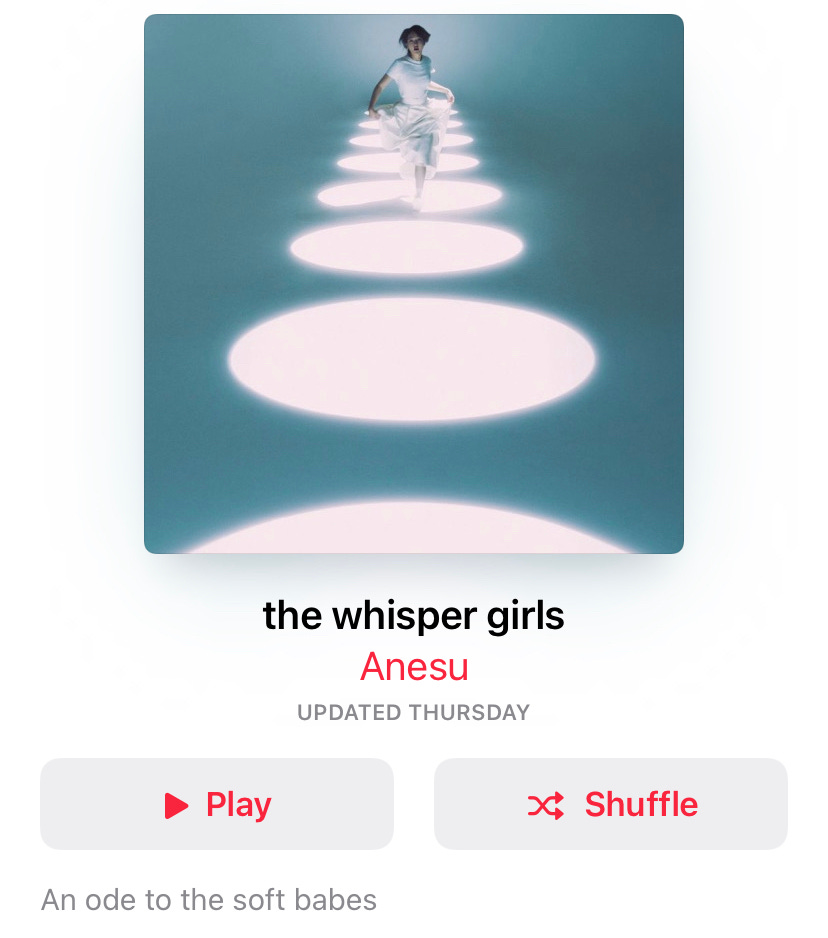This week we cover, ‘realness’ being a marketing tactic and the oversharing bug everyone seems to have caught on TikTok. We also touch on artists who whisper sing and oonts oonts music .
Authenticity as a commodity
Be f*cking forreal!
Social media has cultivated this faux feeling of intimacy and connectivity amongst strangers. A level of intimacy that would’ve been inconceivable decades ago. In 2006, you relied on parasitic opportunistic tabloids like People or OK! Magazine to give you the scoop on your favourite celebrity. Nowadays, A-list celebrities voluntarily dish out their business buffet style for us to feast on. Example A and example B. This is the age of social media gluttony, I fear.
Arguably, we are as much to blame for this outpour of ‘realness’ and ‘authenticity’ as the rigorous PR teams of celebrities are. Authenticity is something we have come to demand as consumers. The newfound buzzword is probably being uttered in a boardroom or slack chat right now. Authenticity is being leveraged to win over a society that's exhausted with traditional shallow marketing ploys. However, I think we are at a predictable impasse. The eventual doom and gloom of what TikTok commentator Akil Moore calls the ‘confessional era’ of social media.
In the earlyish 2010s, many commented on social media platforms no longer being fun and the “overtly manicured digital footprint” of super visible people 1. Thus people sought out something more honest. Something more honest than Kendall Jenner teasing the world about a special announcement which turned out to be her former teenage struggle with acne. Et voilà it is revealed that she’s the new Proactiv brand ambassador. A couple years back we saw the rise of relatable influencers. Their normalcy appealed to younger millennials and gen-z folks (two groups which brands spend thousands of pounds trying to figure out). The Atlantic in 2019 dubbed Emma Chamberlain as the ‘most important YouTuber today’ because of her relatability. Emma has amassed 16.1 million followers on Instagram and 11.8 million Youtube subscribers since her start on the latter in 2016. Yet to some, she still feels like your internet friend, as she casually titles her vlogs that get millions of views ‘just another vlog lol’. Writer Alysha Mohamed in the Queen’s University Journal makes a great point that sums up Emma’s ongoing appeal, “a large part of her charm is the fact that we forget about her fame whilst engaging with her content”. Well, some people forget. It gets tricky when our favourite ‘grassroots’ influencers with their newfound wealth try to cosplay as ‘one of the regular girls’. Wear your privilege on your sleeve, it’s fine! I pinky promise that not all of us will turn up to your house with pitchforks.
Over time, relatability and authenticity have just become another product to sell. I mean, brands are predicted to be spending 15 billion dollars on influencer marketing by the end of 2022 according to a year-end report by Collabstr. If someone who looks like you, talks like you and is even slightly aspirational to you posts about a product, you’re probably more likely to purchase the product than if you watched an ad on tv. Do people below 35 even watch regular tv anymore?
BeReal which was launched in 2019, aims to resolve the fatigue people have with apps like Instagram, but it might just be another way for us to display the same seemingly rehearsed sh*t we do on other platforms. Whilst I don’t have the app (UNIQUE!), I’ve been with friends who have carefully orchestrated the most photogenic BeReal shot within the daily two-minute window the app allows to post. Takes absolute talent I must say. Photo dumps which originally came out of the resurgence of ‘casual Instagram’ shifting into overtly curated moments of candidness; further illustrate the predictable nature of social media. Just how real can you be on a 2D app?

There is a positive point to be made about sharing, with emphasis on not oversharing. It can help others feel seen and heard. There’s been plenty of viral videos and posts where people have opened up about a particular topic that others resonate with. Relatability does foster a powerful sense of community. Now on to oversharing, I’m begging people to go back to wanting to be elusive mysterious hot girls. It astounds me how some people get on Beyoncé’s internet to tell the world secrets I would take to the grave.
Can people be their full unabashed selves on social media? All signs point to not really. Human beings are multi-dimensional in both the figurative and literal sense. To demand people to be real in however many pixels Instagram, Twitter and TikTok allow is wishful thinking. It can never be achieved, no matter how much a considerable percentage of the internet egregiously overshares. Influencers and anyone else who uses social media sites shouldn’t have to divulge their deepest darkest secrets to appease the masses. Live, laugh, love and don’t ⚠️be annoying ⚠️.
Playlist of the week: The Whisper Girls
This week’s playlist is an ode to the girls who only have to whisper on a track to make it a hit. Ravyn Lenae, Raveena, Solange and Kelela to name a few! Enjoy the seamlessly smooth vibes.
Stop The Madness: Oonts oonts music
Unless it’s Kaytranada, Beyoncé or FJAAK, you can keep the oonts oonts music.








